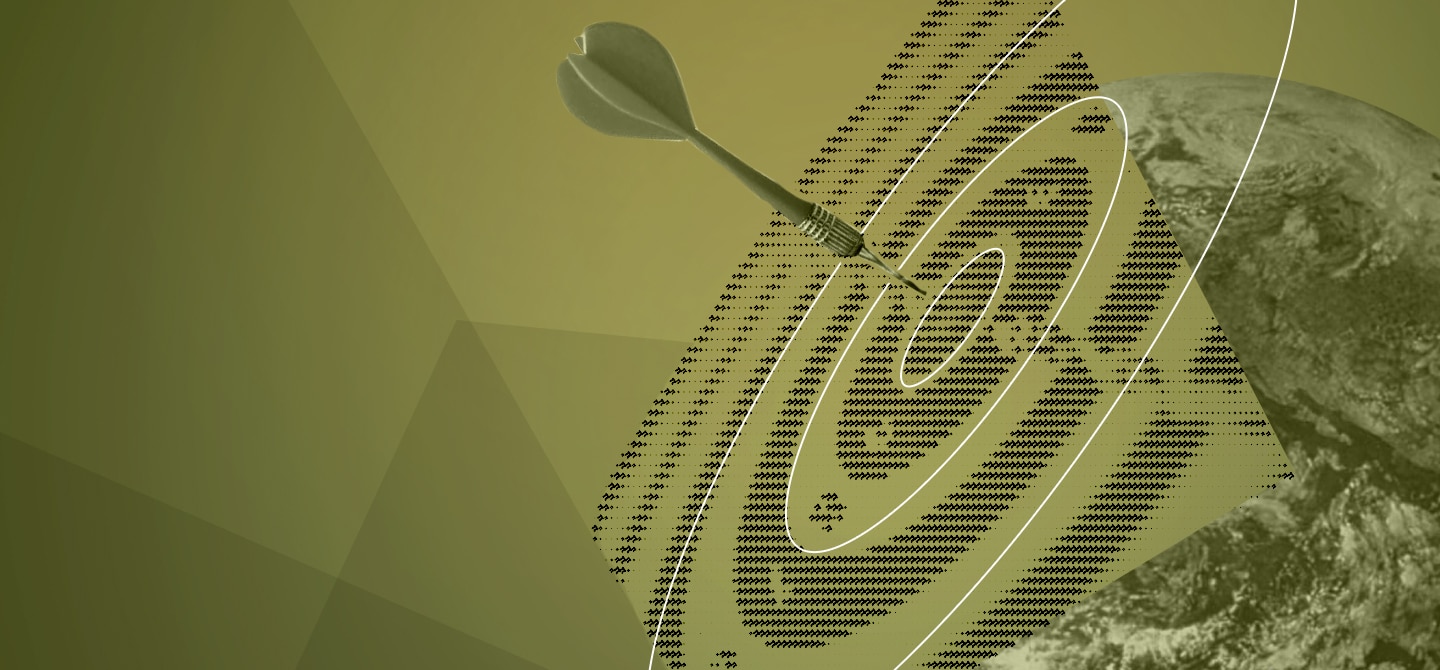“The climate challenge is an opportunity for capitalism”
Capitalism has been the subject of severe criticism, from its origins and throughout its history. What is the secret to its survival?
To understand the history of capitalism, we must abandon the idea that it is a singular term; it cannot be locked into a single description. There are several different ways of seeing it, and this is the secret of its resilience. Look at China, where we observe a very different version of capitalism than that which we know in Europe or America.
If you define it as an economic system based on freedom of ideas, a market, private property, you miss much of the point. Rather, capitalist systems are marked by the very strong presence of a regulatory, interventionist and even authoritarian state.
In the same way, a Marxian definition, insisting on the relationship between production and the “wage-earner”, only captures some of the possibilities (i.e., the first and second industrial revolutions). Some forms of capitalism developed using slaves or enslaved populations, while others, yesterday or today, mobilise semi-dependent workers.
A Schumpeter-like definition, emphasising the ‘enterprise’ and the figure of the entrepreneur, also misses part of the point. That only appeared at a late stage.
The unity and historical coherence of capitalism is the domination of money and of the class of holders with financial means – in brief, the bourgeoisie. When it emerged in the 16th century, this new model was at first marginal within an economy still not very monetarised and dominated by agricultural production. What ensured its success and led it to control, and then absorb, a growing share of production and trade was its capacity for innovation or, better still: ‘creative destruction’, as Schumpeter put it, but which had already been hailed in the Communist Manifesto.
So, the innovative power of capitalism has enabled it to respond to the challenges it has faced?
Yes, and it is not limited to technology. In the 19th century, the industrial revolution gave rise to the “social question” because of the increase in the number of workers and the dramatic living conditions that the free labour market imposed on them. As early as the 1880s, Bismarck created the first social insurance schemes. In the 1930s and post-1945, driven by social and political protest, a “great transformation” (in the sense of Karl Polanyi) took place in response to this challenge, regenerating capitalism.
State intervention, the fight against inequality and transfers constitutes a return of political control over the economy (the ‘re-integration’ of which Polanyi speaks) that corrects the destructive consequences of self-regulating markets. And what is remarkable is the way capitalism has transformed these constraints into a powerful engine.
Fordism is one form of this metamorphosis. It was not to sell cars that Henry Ford paid his workers more, rather it was to solve the problem of turnover associated with low wages. This response to an internal company problem became, under the leadership of the state, the paragon of a new age of capitalism. Mass consumption and production, the explosion of productivity, the rise of the urban middle classes, the leisure economy, the development of services, etc., corresponded to the exceptional growth of the Glorious Thirty.
The history of capitalism can be characterised by its rhythms, major crises – economic, social, political – and its rebound phases.
Challenges and upheavals thus mark the history of capitalism, a history that can be characterised by its rhythms, major crises – economic, social, political – and its rebound phases: the sometimes-violent emergence of a problem (wars play a major role), response and transformation of the system, new problem (sometimes resulting from the response), new response… And it goes on!
Thus, it was from the crisis of Fordism, which could no longer raise its productivity, that the revolution of the 1970s and 1980s was born, embodied by Thatcher and Reagan. A new ‘great transformation’, this time neo-liberal, in which finance is omnipresent, based on the third industrial revolution, revived the innovation machine, hence the growth of 1994–2006 (the fabulous decade). But it has again generated the conditions for the great financial crisis that broke out in 2008, and the exhaustion of productivity gains.
In your book on Capitalism and its rhythms (Garnier, two volumes, 2017 and 2019), you insist on the endogenous character of these crises, and on the fact that capitalism always pushes its limits. This is a mark of its dynamism, but isn’t it also its weakness?
Capitalism is marked by an accumulative logic, which radically distinguishes it from previous economic systems (ancient, feudal etc.). “Accumulate, accumulate,” said Marx in Book I of Capital, “this is the law and the prophets. This unlimited accumulation leads capitalism to deep contradictions.”
It is in this that crises are endogenous, and I am not just talking about financial crises. It created the social question, but also, at the turn of the 20th century, the question of monopolies, hence the response of antitrust in the United States, of German decartelisation after 1945, etc. In the same way, this regime of predation on nature has created the environmental issue that is today a major challenge.
The climate and environmental challenge is throwing the compasses out of kilter. With collapsology, we are seeing the reappearance of apocalyptic thinking: we will be punished for our sins against nature, as we were yesterday against God! But it has helped to make people understand the importance of the challenge, for politicians and for economic agents, households and businesses, who are now playing a leading role in developing a response.
Like its predecessors, this new challenge will have its answer. Changes in mentalities and behaviours, and the regulatory push will produce technological and social innovations in which capitalism, once again regulated by the state and its industrial policies, will be a stakeholder. The new alliance between capital and the state will actively participate in the development of the next world, a world of clean energy where the environmental footprint of each additional point of GDP will be ever smaller, an evolution that has already begun.
I will go further: the climate challenge is perhaps an opportunity for capitalism. It is an opportunity to respond to another challenge: that of “secular stagnation”, an old concern that was revived in 2013 by Larry Summers, former chairman of Barack Obama’s National Economic Council.
Summers, along with others such as Robert Gordon, has observed the decline in productivity gains over the past thirty years. He explains it by a growing deficit of investment opportunities. A crisis of languishing demand, a crisis of maturity: the happy days of easy growth are behind us.
It is perfectly possible that the environmental challenge will provide an answer to this languishing demand. The environmental transition is a huge undertaking. With the end of coal and oil, the rise in energy prices promises profitable investments. It also offers a welcome return of inflation, which has deserted the goods markets to concentrate on real estate and financial assets alone. It is also an opportunity to eliminate waste and unnecessary production.
Of course, one can discuss the negative effects of higher energy prices, especially for areas like Europe that will be leaders in this transition. There is a price to pay in terms of competitiveness, and unless we want to be the butt of the joke, we will need a carbon tax at the borders. There is a problem of international coordination here, which is no small matter since the ecological transition must be global. But the new constraints also promise a rebound. The “capitalist machine”, supported by the old, but intermittent, accomplice, the state, may find in the climate challenge an opportunity to bounce back again.















